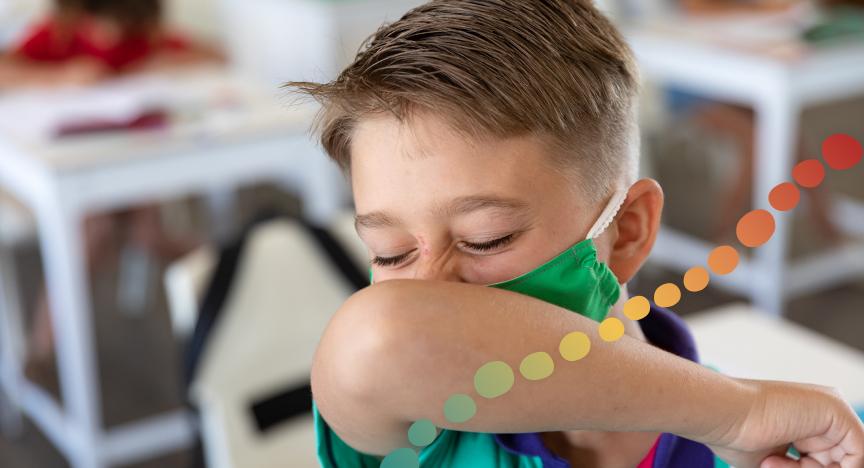
Summary
- TCHHS has recorded 3 cases on Hammond Island
- Vaccination is the best protection against whooping cough.
The Torres and Cape Hospital and Health Service has recorded three cases of whooping cough (pertussis) on Hammond Island in the Torres Strait over the past month.
Across the health service region as a whole, we have recorded nine cases of pertussis so far this year, including multiple previous cases in Cooktown, compared with no cases for the whole of 2023 and, indeed, no recorded cases since 2019.
Pertussis cases also are on the rise across Queensland.
We are urging all Torres Strait, Northern Peninsula Area and Cape York residents and their children who are eligible for the vaccine to ensure they are vaccinated.
This is especially important for residents of Hammond and Thursday islands, given the recent cases on Hammond and the regular movement of people between the two islands.
Whooping cough is a highly infectious illness that is spread by coughing and sneezing. The illness can affect people of all ages but is particularly serious in infants.
It’s very important that people with coughing illnesses seek early medical attention. This will facilitate timely treatment of pertussis cases and help reduce the risk of infecting others.
Symptoms of whooping cough may include:
- coughing, violently and rapidly, until all the air has left the lungs and a person is forced to inhale, causing a "whooping" sound.
- sneezing
- nasal discharge
- fever
- sore, watery eyes
- lips, tongue, and nailbeds may turn blue during coughing spells.
Vaccination is the best protection.
Pertussis vaccination for pregnant women is recommended from 20 weeks gestation and has been shown to prevent whooping cough in infants during the first six months of life.
Protection against whooping cough also is included in the routine vaccinations given to children at two months, four months and six months of age and boosters given at 18 months and four years of age, as well as Year 7 at school.
It is very important that all young children are up to date with their vaccinations.
It is also important that people with coughing illnesses avoid contact with infants less than six months of age until a diagnosis is made and they are no longer infectious.
A booster dose of pertussis vaccine also is recommended for any adult who wants to reduce the risk of infection and hasn't had a booster in the past 10 years.
Vaccination is particularly important for people living with or caring for babies under six months, such as fathers, carers, and grandparents.
The vaccine should be given at least two weeks before contact with the infant.
Adults working with infants and young children under four years of age and all health care workers should receive a dose of pertussis vaccine.
A booster dose is recommended every 10 years.
As well as vaccination, all Torres and Cape residents can play an important role in limiting the spread of infectious diseases.
This includes practising good hand hygiene, covering coughs and sneezes with a tissue or inside of your arm and staying at home when sick.